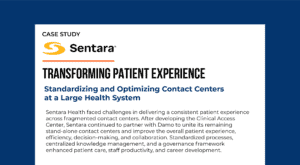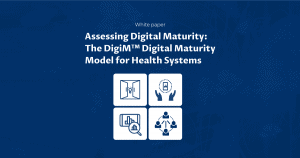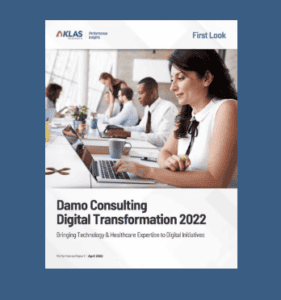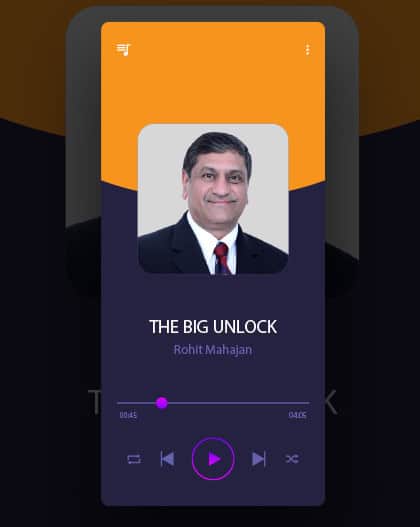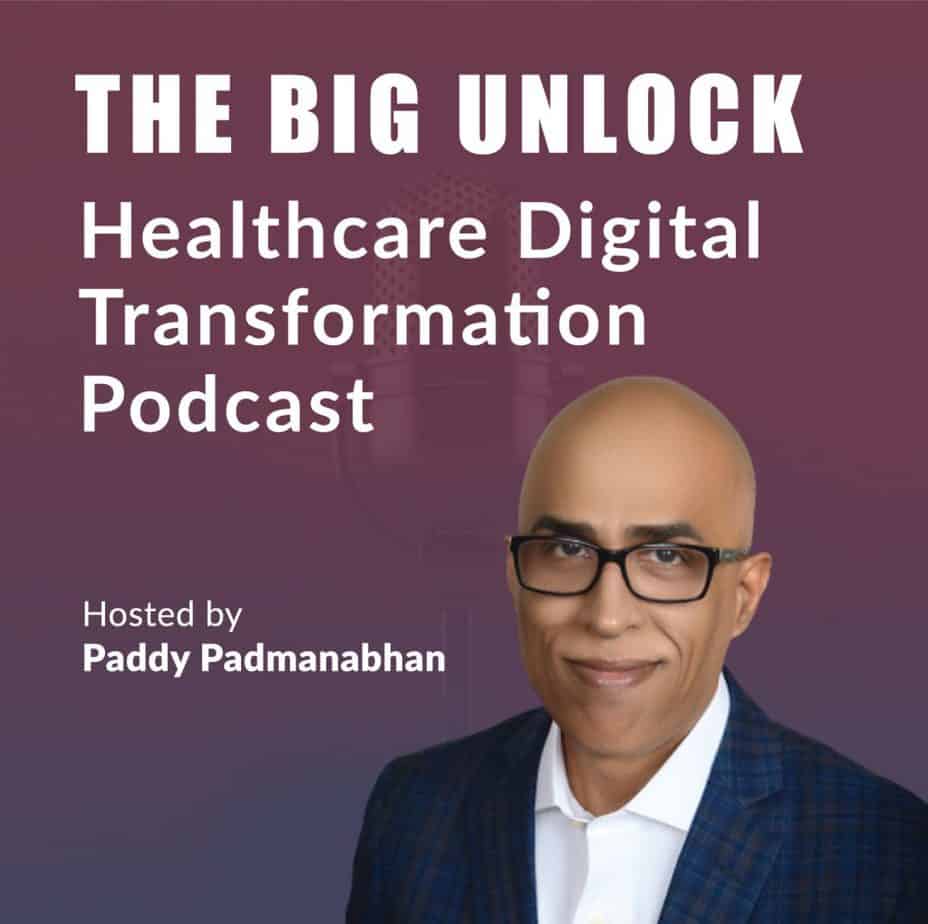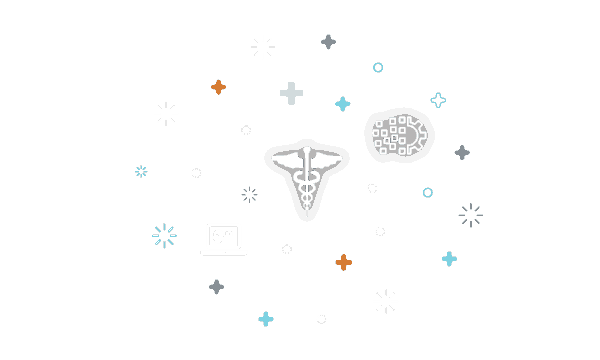The New Innovation Model: Monetizing Healthcare Data
Healthcare enterprises are launching programs to monetize patient medical data by offering access to researchers and innovators. How these initiatives can benefit all stakeholders (or leave out some).
As digital health innovators and healthcare enterprises alike try to improve access, convenience, and outcomes for healthcare consumers, data is front and center in how the competitive landscape is reshaping for the future. As traditional healthcare enterprises confront emerging competition from non-traditional players, some of them have started realizing the competitive advantage they have in the form of vast amounts of data they have on healthcare consumers’ medical histories.
Consider the following examples:
- Pittsburgh-based Highmark, one of the largest health plans in the country, has launched a program that turns its internal innovation program VITAL into a commercial offering meant to help digital health startups test their products in real-world clinical environments. The core value of this program for startups is access to claims data on 4.5 million members that Highmark serves in three states.
- Mercy Health, based in St Louis, MO, has launched a real-world evidence network that will pool data from clinical networks across the country, starting with its database of clinical data from millions of patient records. Subscribers to the network, including researchers, regulators, Pharma and Medtech companies, will have access to this pool of de-identified data.
The American Medical Association and the Blue Cross Blue Shield Association have both had programs in place for a while that provide opportunities for startups and innovators to tap into their member base for testing, validating and commercializing innovation.
The use of patient data in the emerging models of commercializing innovation raises specific questions: who owns the data, who gets access to it and, now, who gets to share the benefits when the data gets monetized?
The answer to the first question was made clear by Center for Medicare and Medicaid Services (CMS) earlier this year – it’s the healthcare consumer. Ironically, the healthcare consumer neither has access to it (not without jumping through many hoops) nor the ability to monetize it.
Health plans and health systems are the custodians of healthcare data today. Health plans gather, store, and use the data to design health insurance products, price them appropriately, and offer a range of other benefits to their members. Health systems do the same, although the data sits in environments controlled and managed by their electronic health record (EHR) vendors. Digital health innovators – with support from the CMS – have been in an ongoing battle with EHR vendors for several years for easier access to the data while the CMS has been pushing to provide healthcare consumers with unfettered access to their personal medical histories.
Commercial use of de-identified patient and member data serves an essential purpose, namely to enable and accelerate innovation in care delivery models that will ultimately benefit healthcare consumers through better outcomes and lower costs of care. Allowing digital health innovators and researchers access to the data enables them to apply advanced analytical tools to gain insights that can drive innovation in care delivery, manage population health, and a host of other things. Entities like Highmark are coming up with creative constructs to unlock the data and open it up for research and innovation – for a price.
Who gets to share the benefits from the monetization of data?
Healthcare enterprises, looking to augment revenue streams, evidently benefit from offering their datasets for hire. Creating a framework to allow digital innovation to be tested and piloted within their environments using their data also potentially provides early visibility to new ideas that can be deployed enterprise-wide. A few of these ideas may even be worthy of strategic investments with potentially big payoffs down the road.
These alternate revenue streams are increasingly becoming part of the core business model for traditional healthcare enterprises. Many health systems I speak with have clear commercialization goals in mind for their innovation programs. Some are looking at innovation programs as incubators for commercially viable products, whereas others are looking to co-develop solutions for benefiting their patient populations in the short term. In all cases, their patient data and medical histories – in some cases, going back decades – is essential to the success of their innovation programs.
Digital health innovators and startups who come up with new ways to solve existing problems or find solutions to new problems face a big challenge: access to real-world data and an opportunity to validate the solution in a real-life clinical environment. Having the option to partner with a health plan or health system for access to data and a real-world environment accelerates the product development lifecycle for startups. It also increases the chances of attracting venture capital investment, including from their sponsor enterprises. It doesn’t hurt if the innovation partnership turns into a commercial relationship for the product or solution.
Healthcare consumers, whose data is powering these new business models, may well be asking themselves how any of these models benefits them directly. Notwithstanding the clarification by the CMS that healthcare data belongs to the consumers, there is no indication that the entities controlling and monetizing the data have an explicit compensation model in place to share the benefits accruing from these programs. The assumption is that the innovations emerging from these programs will indirectly benefit consumers through better quality and lower costs of care.
Where do we go from here?
Due to restrictions on the use of HIPAA-protected patient data, providing access to the data for commercial ventures comes with several regulatory challenges and disclosure requirements. Recent questions about adequate disclosures to consumers on DNA data sharing by health systems with Pharma companies on commercial terms may indicate rising advocacy for patients to have a bigger say in the monetization of their data.
We are in the early days of data aggregation and monetization in healthcare. Those who have the data are often loath to share it for a variety of reasons. Alternate models are emerging. A recent initiative at Stanford University directly offers consumers the opportunity to sell their healthcare data and has even come up with a differential pricing model based on the value of the data for research and innovation.
For now, Murphy’s Golden Rule applies: whoever has the gold, makes the rules. The metaphorical gold in question is healthcare data.
Originally published in CIO.com


